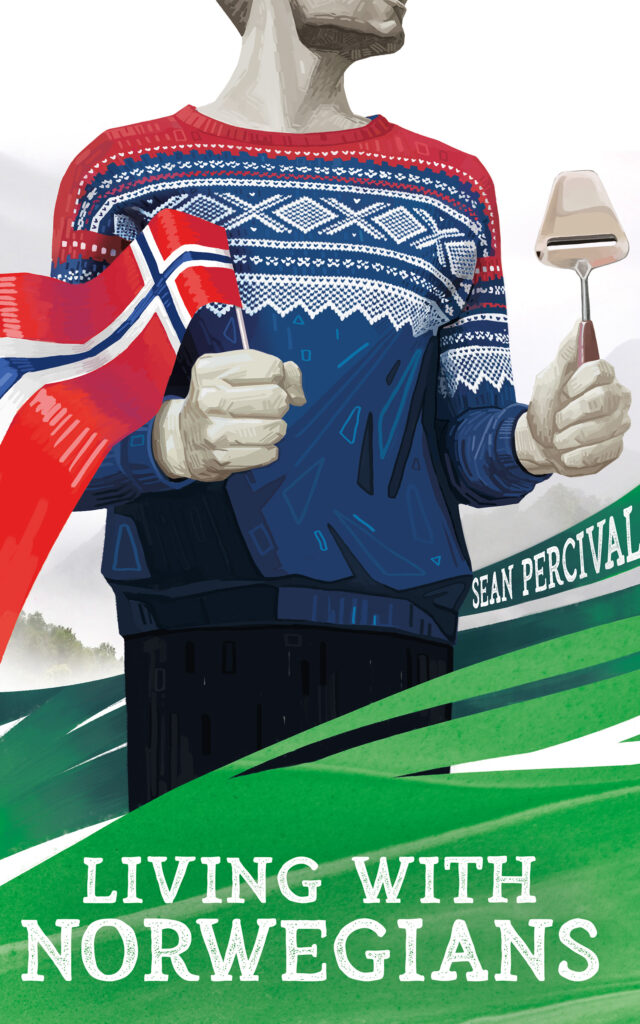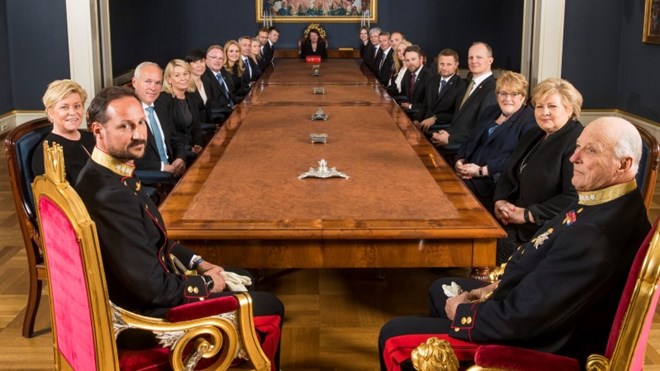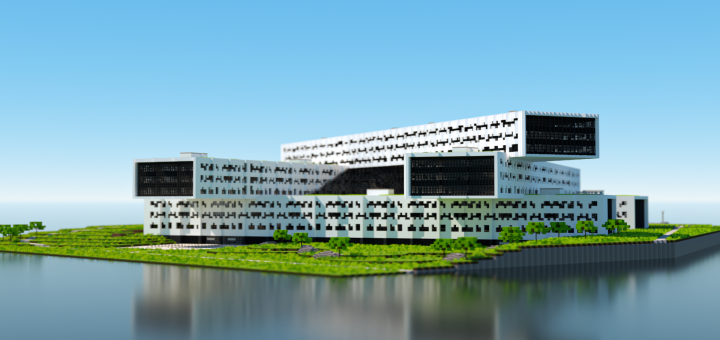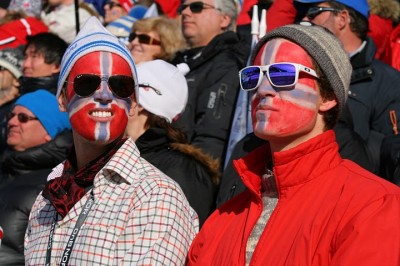If you’re considering moving to Norway for work or are already living and working there, you’re in luck. Norway’s job market is booming, with a thriving economy and low unemployment rates. The country’s focus on innovation and sustainability has created a wealth of opportunities across a range of industries. However, navigating the job market can be challenging, particularly for expats who are unfamiliar with the culture and hiring practices. In this article, we’ll provide you with expert guidance on how to find and land your dream job in Norway.
1. Norway’s Booming Job Market: An Overview of Opportunities
Norway’s economy is built on industries such as oil and gas, fisheries, shipping, and aquaculture. However, there are also opportunities in tech, renewable energy, healthcare, and finance, among others. Many companies in Norway are looking for skilled workers who can contribute to their growth and development. While it may be easier to find work in the larger cities like Oslo, Bergen, and Stavanger, there are also opportunities in smaller towns and rural areas.
2. The Essentials of Job Hunting in Norway: A Guide for Expats
Job hunting in Norway can be quite different from what you’re used to. Here are some essential tips to keep in mind:
- Research the industry and company you’re interested in.
- Make sure your skills and experience match the job requirements.
- Use online job portals like Finn.no, Nav.no, and LinkedIn, as well as recruitment agencies to find tech jobs in Norway. This includes many jobs in Norway for English speakers.
- Customize your resume and cover letter for each application.
- Prepare for interviews by researching the company, practicing your answers, and dressing professionally.
3. Crafting a Winning Resume: Tips and Tricks for Scandinavian Employers
In Norway, employers expect concise, well-organized resumes that highlight your skills and achievements. Here are some tips to keep in mind:
- Keep it brief – 1-2 pages is sufficient.
- Use a professional format and font.
- Include a personal statement, education, work experience, skills, and interests.
- Avoid buzzwords and jargon.
- Include any relevant certifications or language skills.
4. Conquering the Job Interview: Navigating Norwegian Work Culture
Norwegian work culture is characterized by egalitarianism, teamwork, and collaboration. During job interviews, it’s important to demonstrate that you share these values and are a good fit for the company culture. Here are some tips:
- Be punctual and dress professionally.
- Research the company and the person you’ll be interviewing with.
- Show enthusiasm and interest in the company and position.
- Answer questions concisely and honestly.
- Show that you’re a team player and can work well with others.
5. The Importance of Networking: Building Professional Relationships in Norway
In Norway, networking is key to finding job opportunities and building professional relationships. Here are some tips:
- Attend industry events and conferences.
- Join professional organizations and associations.
- Use social media platforms like LinkedIn to connect with professionals in your industry.
- Reach out to alumni from your university or college.
- Be proactive and ask for referrals or introductions.
6. Work Permits and Visas: Understanding Norway’s Immigration Policies
If you’re a non-EU citizen, you’ll need a work permit and visa to work in Norway. The process can be complex and time-consuming, so it’s important to plan ahead. Here are some things to keep in mind:
- Apply for a work permit before you arrive in Norway.
- You’ll need a job offer or a job seeker visa to apply for a work permit.
- Your employer will need to sponsor your work permit.
- You’ll need to provide documents such as a passport, educational certificates, and a criminal record certificate.
- The process can take several months, so be prepared to wait.
7. Making the Most of Your Norwegian Job: Balancing Work and Life in the Land of Fjords
Norwegians value work-life balance and prioritize family, leisure, and nature. To make the most of your job in Norway, here are some things to keep in mind:
- Take advantage of flexible work arrangements like part-time or remote work.
- Use your paid vacation time to explore the country’s stunning landscapes and cultural attractions.
- Join sports clubs or other social groups to meet new people and make connections.
- Practice ‘koselig‘, the Norwegian concept of coziness, by enjoying good food and drinks and spending time with loved ones.
- Embrace the ethos of ‘dugnad’, or community work, by volunteering for local projects or events.
Conclusion
Navigating Norway’s job market may seem daunting at first, but with the right guidance and approach, you can find and land your dream job in this prosperous and innovative country. Whether you’re a skilled worker looking to advance your career or an expat seeking new challenges, Norway offers a wealth of opportunities and a high quality of life. By following the tips and tricks outlined in this article, you can navigate the job market with expert ease and build a successful and fulfilling career in the land of fjords.












